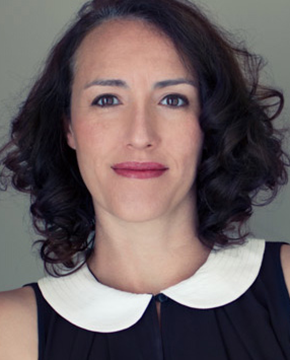
Lisa Philander PhD
Titles
Education
Ph.D., Emergent Ethnomedicine: Bush Doctors in Cape Town, University of Arizona
M.Sc., Ethnobotany. Distribution and Transmission of Medicinal Knowledge from Garden-Based Education, University of Kent and Kew Garden
M.S., Agriculture. Botanical Garden Outreach to Elementary Schools, Cal Poly Pomona
B.S., Environmental Horticulture, University of Minnesota
Bio
Expertise
Horticulture, Community-Based Conservation, Ethnomedicine
Research
Research Summary/Interests
Lisa is a thoughtful, responsive, forward-looking leader with over twenty years’ experience in
public gardens. Her passion and professional mission are to inspire a better understanding of and appreciation for the botanical world through education, science and research, and outreach. Dr. Philander has national and international experience spanning research, education, and public programming; conceiving and implementing strategic plans; exhibition development; and cultural leadership. She has had transformational success in leading organizations through growth and change to deliver the organization’s co-developed, co-owned mission and building sustainable practices for day-to-day operations. Her keen focus on evidenced-based decisions and partnering with a broad base of stakeholders to support thinking, planning, and execution regarding people, talent, budgets, and leadership of botanical gardens is one of the hallmarks of her leadership and management practice and success.
Publications
Aston Philander, L.E., Makunga, N. & Esler, K. (2014) “The informal trade of medicinal plants by Rastafari Bush Doctors in the Western Cape of South Africa” Economic Botany 68 (3):303-315.
Aston Philander, L.E. 2012 “Hunting Knowledge and Gathering Herbs: Rastafari Bush Doctors in the Western Cape of South Africa.” Journal of Ethnobiology 32 (2):134-156.
Aston Philander, L.E. 2012. “Response to Fay’s comments: Apartheid and the Erosion or Preservation of Medicinal Plant Knowledge.” Human Ecology 40(2):329-330.
Aston Philander, L.E. 2011. “An Ethnobotany of Western Cape Rasta Bush Medicine.” Journal of Ethnopharmacology 138(2): 578-594.
Aston Philander, L.E., Makunga, N.P., & Platten, S.J. 2011. “Local Medicinal Plant Knowledge preserved by South Africa’s Apartheid.” Human Ecology 39(2): 203-216.
Makunga, N.P., Philander, L.E. & Smith, M. 2008. “Current perspectives on an emerging product sector in South Africa.” Journal of Ethnopharmacology 119: 365-375.